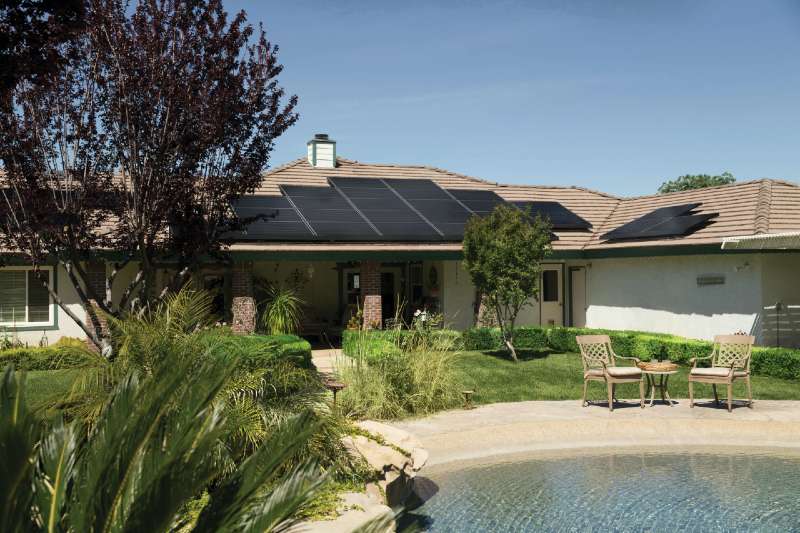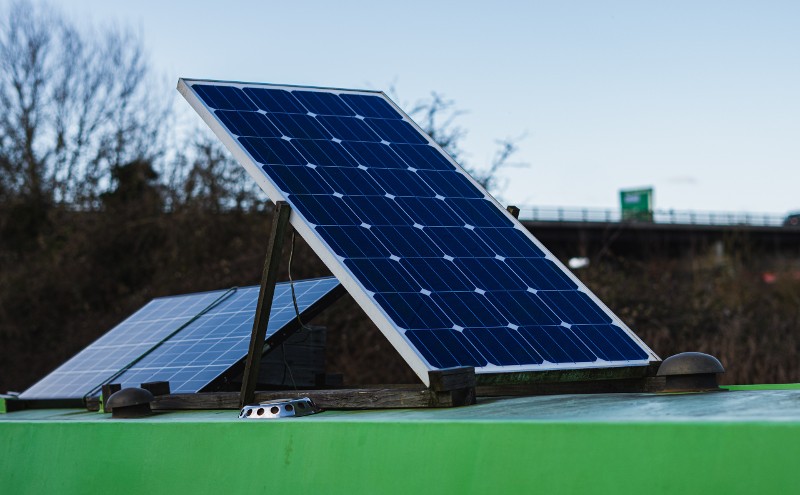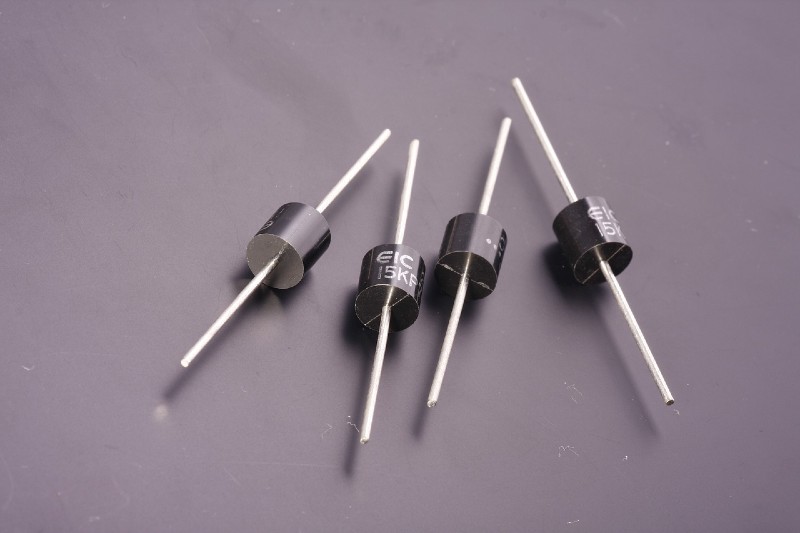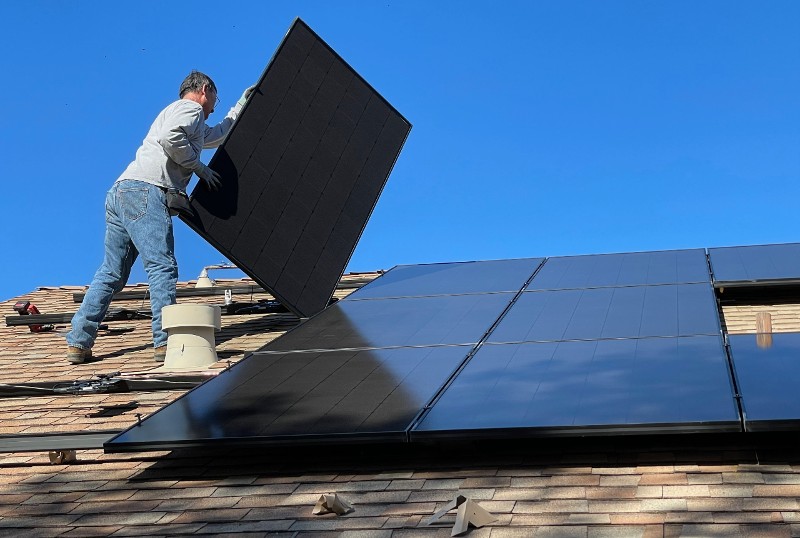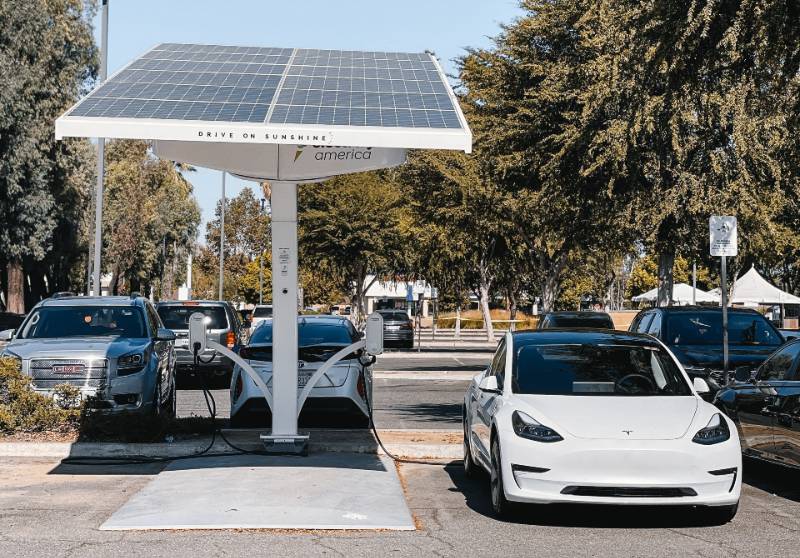With winter fast approaching, many people are asking how does snow affect solar panels?
Well, the answer to this question may surprise you!
So without further ado, let’s jump right into it.
How Does Snow Affect Solar Panels Performance?
For those who want to understand how snow affects solar panels, it’s important to first understand how a photovoltaic system works.
A typical solar panel has cells composed of silicon materials that allow electrons to be released and these electrons are captured by metal conductors on the top and bottom layers.
Electricity is then generated as the flow of electrons is controlled by the metal conductors.
So here is the problem, if a lot of snow covers your solar panel, then it will block sun rays and reduce the light receiving area.
Generally speaking, the more snow that accumulates on PV panels, the higher its insulating effect will be.
This reduces how much sunlight is absorbed by your panels which means your system won’t produce as many watts per day as it would without any snow cover.
Another thing to keep in mind is the snow weight.
Sometimes, when it snows heavily, the weight of snow on your roof may be enough for it to collapse under its own weight or cause damage to your roof’s structure.
For this reason, it is recommended that you clear the snow off your solar panels in order for them to continue working at optimum levels!
Finally, you don’t even have to worry about snow melting and damaging your panels.
It’s okay if the snow melts and water droplets remain on top of your modules, as solar panels actually shed water and ice in the same way that a duck’s feathers repel rain.
It’s important to mention that cold, sunny weather is actually the best climate for solar panels, as the sun’s rays are more direct and less prone to reflection.
And in fact, having snow on your panels can actually help insulate them.
By keeping solar panels at a lower temperature than they would be otherwise, you reduce internal heat losses, which helps increase how much electricity you produce per day.
So overall, winter is actually good for your panels.
How To Clean Snow Off Your Solar Panels?
1. Remove The Snow Yourself
The most common way to remove snow from PV cells is with a shovel or broom.
However, these methods are not always effective because they do not always reach all areas where snow may have accumulated on steep roofs or in shaded regions under trees for example.
For these hard-to-reach places, you need to use an electric blower instead of manual labor.
An electric blower is also more convenient because you do not have to go out in bad weather just to clean your panels!
Another advantage of using an electric blower over manual labor is that it covers a wider area at one time, which means less work for you. With this method, the whole roof can be cleared in a matter of minutes!
If you choose to use an electric blower, then make sure that it is one with a brushless motor. These motors are more efficient and do not emit carbon emissions which may harm the environment in the long run.
You also have to be careful when using high-powered tools such as snowblowers because they can damage your panels if not done properly.
The best way to use a snowblower is by starting at the top of your roof and work down so that gravity will help you remove the debris.
Start with small amounts when using this method for the first time until you get used to how much power or how wide an area you need to cover.
This way, it will prevent damage to your panels and save you time!
2. Install Heat Sheet
To overcome the issue of how does snow affects solar panels, you can install a heat shield which is simply an aluminum foil that goes on top of your panel.
This will allow the sunlight to pass through without being blocked by snow. This is how the heat shield works, it reflects light back to where it’s supposed to go.
There are many companies that produce these heat shields so you should be able to find one with ease!
Last Words
Snow, ice, and frost can reduce the efficiency of solar photovoltaic (PV) systems.
As you can see, how snow affects solar panels isn’t actually that much of an issue as long as there are no hazardous conditions that could potentially cause damage to a photovoltaic system’s components or layers of snow blocking sunlight from entering the system.
In the end, we really hope you enjoyed this article as much as we did.
Do you have any questions about solar energy?
If so, please share your thoughts with us in the comments section below.

